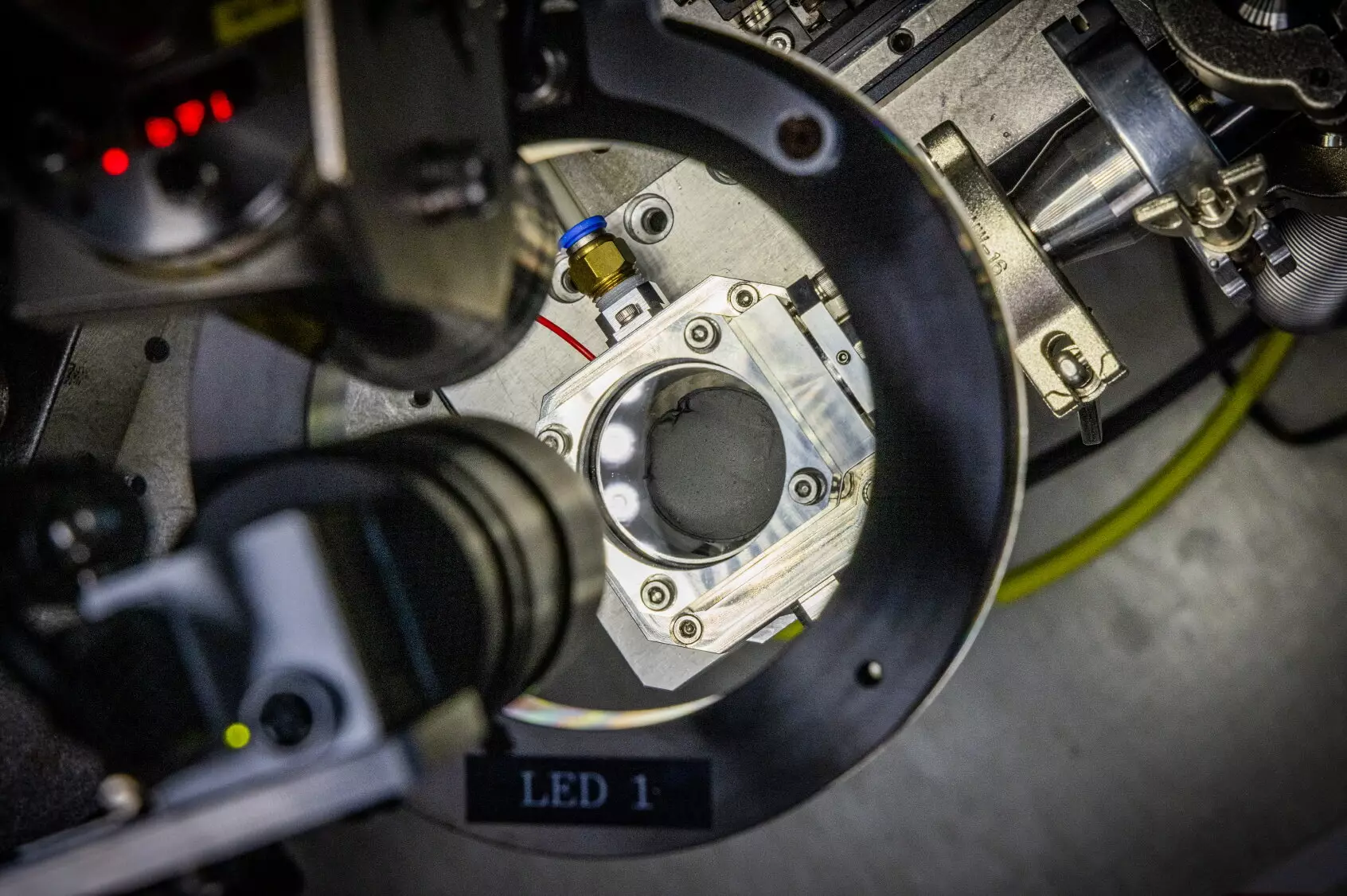The quest for sustainable and efficient energy storage solutions has led researchers to explore alternative battery technologies beyond traditional lithium-ion systems. In recent years, sodium-ion batteries (SIBs) have garnered significant interest due to their abundant raw material availability and potential for improved safety. With sodium being more plentiful than lithium, taking into account that it is a primary component of common salt, its use could significantly reduce dependency on lithium—a resource facing supply chain challenges and environmental concerns during extraction. However, to fully harness the benefits of sodium-ion batteries, innovations in material preparation technology are essential, particularly concerning anode development.
The Challenge of Anode Preparation
Sodium-ion batteries operate with sodium ions, which are larger than their lithium counterparts. This size discrepancy necessitates the use of hard carbon as the anode material—a substance that cannot be naturally found and must, therefore, be synthesized. The traditional preparation of hard carbon involves a complex and resource-intensive process known as carbonization. This method requires hydrocarbon sources, typically derived from plants and synthetic polymers, to undergo prolonged heating in oxygen-free environments at exceptionally high temperatures—often exceeding 1,000°C. Such processes pose significant economic and environmental challenges, limiting the feasibility of sodium-ion batteries for commercial use.
Despite these hurdles, recent advancements in rapid heating technologies present promising solutions. A research collective from the Korea Electrotechnology Research Institute (KERI) has pioneered a microwave induction heating technique that could revolutionize the preparation of hard carbon anodes, significantly decreasing the time and energy required for production.
The innovative approach utilized by KERI researchers, led by Dr. Daeho Kim and Dr. Jong Hwan Park, leverages microwave induction to heat synthetic films containing a blend of polymers and carbon nanotubes quickly and efficiently. During their groundbreaking work, the team discovered that subjecting these films to a carefully controlled microwave magnetic field generated rapid thermal currents within the carbon nanotubes, allowing them to reach temperatures surpassing 1,400°C within a mere 30 seconds.
This remarkable capability represents a significant departure from traditional methods, eliminating long heating periods that can consume vast amounts of energy. By efficiently preparing hard carbon anodes in record time, this microwave induction technology not only holds promise for enhancing the performance of sodium-ion batteries but also offers a potential pathway for reducing production costs and increasing sustainability in energy storage solutions.
The scientific insights gained from years of meticulous research have culminated in this novel method, which the KERI team elucidated in their publication in the Chemical Engineering Journal. The study, co-authored by student researchers Geongbeom Ryoo and Jiwon Shin, highlights the collaborative spirit of academia and industry in driving innovation. Importantly, the implementation of a “multiphysics simulation” technique enabled the research team to explore the intricate behaviors of nanomaterials under microwave exposure, enhancing their understanding of the process and guiding their experimental designs.
As safety concerns regarding current lithium-ion battery technologies continue to mount—exemplified by recent incidents of electric vehicle fires—sodium-ion batteries are rising in popularity for applications in electric vehicles and other energy storage systems. The KERI team’s findings could address these safety concerns by providing a more stable and efficient alternative for energy storage.
The ongoing commitment of Dr. Kim and Dr. Park’s research group extends beyond mere technological advancement. They aim to refine the performance of their anode materials further and investigate methods for the continuous, large-scale production of hard carbon films. Additionally, they recognize the versatility of their microwave induction heating technology, envisioning its application in other areas such as all-solid-state batteries requiring high-temperature processing.
KERI’s successful development of this advanced preparation technology may yield significant commercial prospects. With a domestic patent application already filed, KERI anticipates significant interest from corporations engaged in energy storage solutions. Moreover, partnerships with industry players could facilitate technology transfer agreements, thereby accelerating the commercialization of sodium-ion batteries.
The work being accomplished at KERI represents a pivotal step towards overcoming the long-standing barriers to sodium-ion battery commercialization. By refining the anode preparation process through microwave induction heating, this research team’s innovations could significantly advance the field of energy storage, paving the way for a safer and more sustainable future. As they forge ahead, the implications for both the environment and the energy landscape could be far-reaching, offering new pathways for energy utilization in the years to come.

